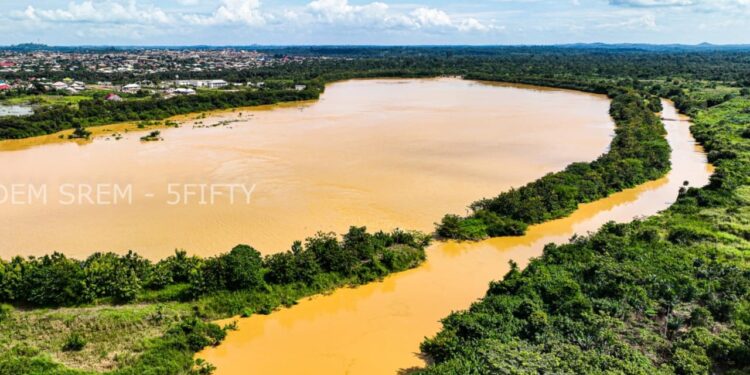A newly published scientific study has sounded alarm bells over rising levels of mercury and arsenic contamination in Ghana’s mining regions, attributing much of the problem to artisanal and small-scale gold mining activities. The findings highlight a growing environmental and public health crisis that could have long-term social and economic consequences.
The research revealed that both soil and water bodies in mining communities are heavily polluted, with toxin levels exceeding international safety thresholds. Scientists warn that prolonged exposure to mercury and arsenic can result in kidney and liver damage, cancers, neurological disorders, and developmental issues in children.
The Broader Context
Ghana, Africa’s leading gold producer, has long relied on gold exports as a major revenue source. However, artisanal and small-scale mining (galamsey) has surged in recent years, often operating outside regulatory frameworks.
While providing livelihoods to thousands, unregulated mining has worsened deforestation, river siltation, and chemical pollution.
In response, the government has established the Ghana Gold Board (GoldBod) to centralize gold purchases from licensed small-scale miners and reduce smuggling.
Additionally, a national anti-smuggling task force was launched in mid-2025 to clamp down on illicit gold exports that drain billions of dollars from state coffers annually.
Health and Environmental Concerns
Despite these reforms, environmental advocates argue that enforcement has been weak. “The data shows we are facing a silent health emergency,” said an environmental policy expert. “Communities are drinking and farming in contaminated ecosystems, with little awareness of the risks.”
Civil society groups are calling for urgent government intervention, including stricter monitoring, community education, and provision of alternative livelihoods.
Without these, they argue, the short-term economic
benefits of gold will be overshadowed by long-term health and ecological costs.
Economic Implications
For Ghana’s international reputation, the findings could also pose risks. Global investors and refiners are increasingly demanding sustainably sourced minerals, and failure to address environmental issues could undermine Ghana’s competitiveness in global gold markets.
The report serves as a reminder that while gold remains a pillar of Ghana’s economy, striking a balance between revenue generation and environmental stewardship is essential for sustainable development.






